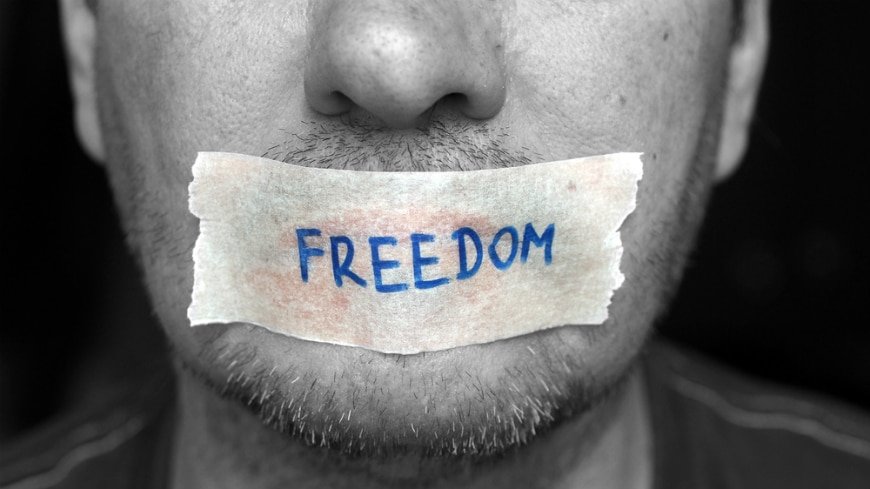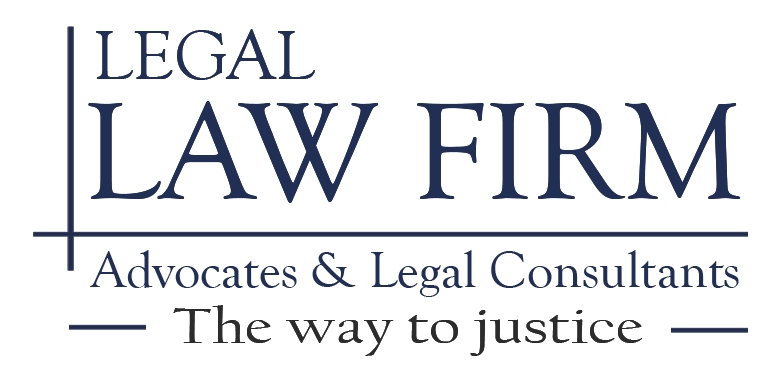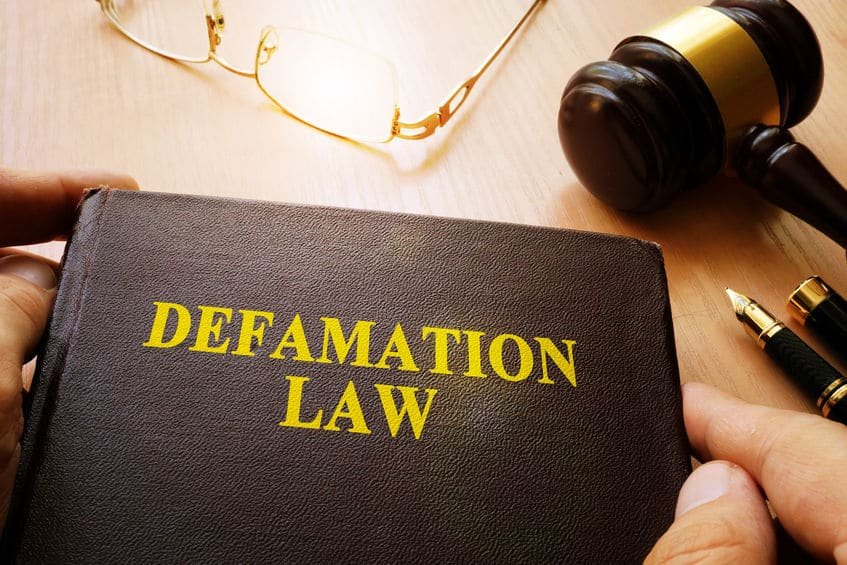There have been a lot of talks lately about defamation law in Pakistan. This is a hot topic because there are many people who feel that the current laws are too restrictive and do not allow for free speech. However, others argue that the laws are necessary to prevent slander and libel. So, what is your opinion on defamation law in Pakistan? Let us know in the comments after reading.
In Pakistan, defamation is a civil wrong. It is defined as the offense of injuring a person’s character or reputation by making false and malicious statements. Also read Gratuity law in Pakistan
Defamation is not a criminal offense in Pakistan. However, the Pakistan Penal Code contains several provisions that deal with defamation. For example, Section 500 of the Code makes it a crime to defame another person. The punishment for this offense is imprisonment for up to two years, a fine, or both.
In addition to the provisions of the Pakistan Penal Code, several laws deal with defamation. For example, the Defamation Ordinance 2002 provides the civil remedy of damages for defamation. The Ordinance also establishes a criminal offense of defamation, with a punishment of imprisonment for up to two years, a fine, or both.
The defamation laws in Pakistan are designed to protect the reputation of individuals. However, these laws should not be used to stifle freedom of expression. In particular, the law should not punish people for expressing their opinions, even if those opinions are critical of others.
What is defamation law, and what are the different types of defamation?
In Pakistan, defamation law is codified in the Defamation Ordinance 2002. This law covers both civil and criminal defamation and provides for both compensatory and punitive damages. There are three main types of defamation law in Pakistan: libel, slander, and defamation of character. Libel is defined as the publication of false information that tends to harm the reputation of an individual or organization. Slander is defined as the spoken dissemination of incorrect information that breaks the importance of an individual or organization. Finally, defamation of character is defined as any false statement that harms the reputation of an individual. All three types of defamation are punishable by law in Pakistan.
How can I sue someone for defamation in Pakistan?
If you believe that someone has defamed you, you may sue them for defamation. You can file a defamation suit in Pakistan against the person who made the defamatory statement. The first step in filing a defamation suit is to identify the person who made the statement. Next, you must find evidence that supports your claim. For example, you may be able to find a written statement from the person who made the defamatory statement. If you cannot find such a statement, you may have to testify in court.
What is the punishment for defamation in Pakistan?
In Pakistan, the punishment for defamation can vary depending on the severity of the offense. For instance, a person who makes an offensive remark about another person in public could be fined or jailed for six months. If the offender is a repeat offender or the victim suffers serious harm due to the defamation, the penalties can be much more severe. In some cases, the offender may be required to pay damages to the victim. In extreme cases, such as when the victim is a public figure, the offender may be sentenced to imprisonment for two years. Defamation is taken very seriously in Pakistan, and offenders can expect to face harsh penalties if they are convicted.
How do the defamation laws in Pakistan protect individuals?
In Pakistan, defamation is both a civil and a criminal offense. The Defamation Ordinance 2002 sets out the law on defamation, including libel and slander. The Ordinance provides for both civil and criminal remedies for defamation. The polite treatments include an injunction to stop the publication of the defamatory material and damages for loss suffered as a result of the magazine. The criminal remedies include imprisonment for up to two years and a fine of Rs. 500,000. The Ordinance also provides a defense of justification if the defamatory material is true and in the public interest. In addition, there is a defense of fair comment if the material is an expression of opinion based on facts. These defenses are important in ensuring that individuals express their views without fear of prosecution.
Can the defamation law in pakistan be used to stifle freedom of expression?

Defamation laws in Pakistan are often used to stifle freedom of expression. This is because the laws are very broad and can be interpreted in several ways. For example, one person may claim that they have been defamed if someone has said something negative about them on the internet. However, another person may claim that they have been defamed if someone has spread false rumors. As a result, defamation laws can be used to silence people who are critical of the government or trying to expose corruption. This can have a chilling effect on free speech and prevent the Pakistani people from being able to hold their government accountable.
What are the consequences of defamation?
In Pakistan, defamation is a criminal offense punishable by up to two years in prison and a fine of up to 500,000 Pakistani rupees (approximately US$2,500). The offense is defined as the intentional publication of false information that harms the reputation of another person. Defamation can be either written (libel) or spoken (slander). Suppose the victim is a public figure, such as a politician or celebrity. In that case, they must also prove that the defamatory statements were made with “malice,” meaning that the perpetrator knew they were false or acted with reckless disregard for the truth.
While defamation is technically a crime, it is often difficult to prosecute successfully. In many cases, defendants can avoid conviction by proving that their statements were true or arguing that they were made in good faith and without malicious intent. As a result, defamation suits are often used more to silence criticism than to secure justice. This is particularly true in Pakistan, where libel laws have repeatedly been used to stifle dissent and curtail freedom of expression. In 2011, for example, journalist Iftikhar Ahmad was sued for libel after he wrote an article critical of Pakistan’s intelligence agencies.
How to protect yourself from being a victim of defamation
To protect yourself from being accused of defamation, it is important to be aware of what Pakistani law considers defamatory. This includes making false statements about someone that would lower them in the estimation of right-thinking people. It also includes making any statements that would expose someone to hatred, contempt, or ridicule. If you make any of these statements about another person, you could be charged with defamation.
If you are charged with defamation, you will need to mount a defense against the accusation. One protection is to show that the statements you made were true. Another reason is to argue that the words were not created to harm the person’s reputation. It would help if you spoke to a lawyer about these and other possible defenses before entering a plea in your case.
Why important is defamation law in Pakistan?
While defamation law varies from country to country, it is generally considered an important legal tool for protecting people’s reputations. In Pakistan, defamation law is important for two main reasons. First, it helps to preserve the importance of individuals and businesses. Second, it helps to ensure that people can freely express their opinions without fear of legal repercussions. Therefore, defamation law plays an important role in Pakistani society by balancing the need to protect reputations with the need to allow for free expression.
Recent cases of defamation in Pakistan?
Defamation is a legal term used to describe a false and malicious statement that damages someone’s reputation. In Pakistan, defamation is both a criminal and civil offense, and recent cases have shown that the government is taking this issue more seriously. Last year, a woman was sentenced to two years in prison for making false accusations against her husband’s family. And just last month, a man was ordered to pay a fine of over Rs 1 million for making defamatory statements against a political party. These cases send a strong message that Pakistan will not tolerate those who attempt to damage another person’s good name. In addition to serving as a deterrent, such punishments also help to restore faith in the country’s legal system. After all, when people feel that they can trust the authorities to deal fairly with defamation cases, they are more likely to report such incidents instead of simply staying silent.
Conclusion:
In conclusion, The Pakistan Penal Code (PPC) defines defamation as communication that “exposes any person to hatred or contempt or holds him up to public ridicule.” A communication is defamatory if it exposes a person to hatred or contempt or holds him up to public ridicule, or if it imputes to him the commission of a criminal offense.
Defamation law in Pakistan is a complex and often confusing area of law. Many different factors must be considered when determining whether or not a statement is defamatory. If you are faced with a defamation lawsuit, it is important to seek legal counsel to help guide you through the process.




